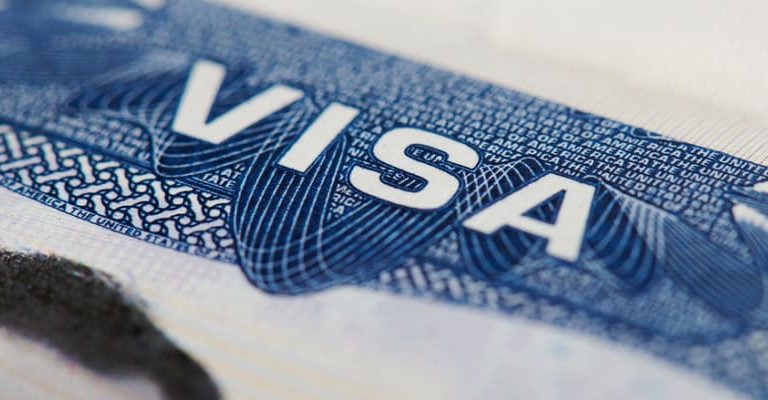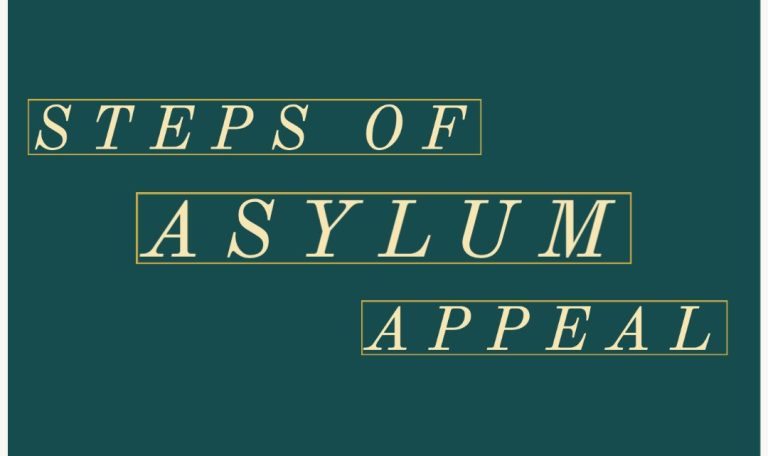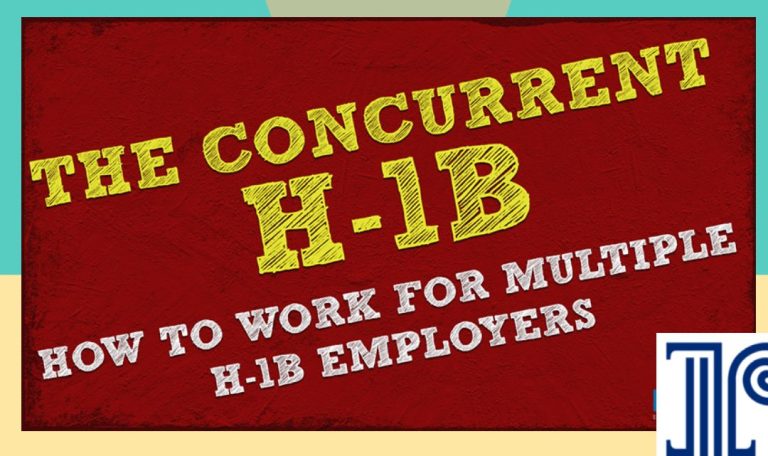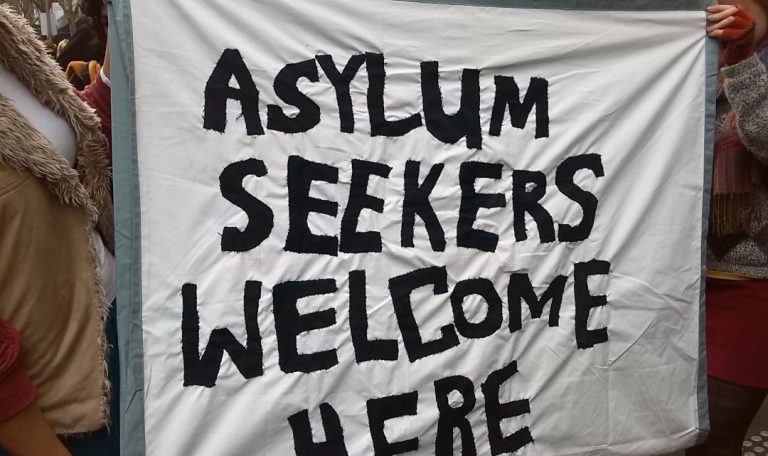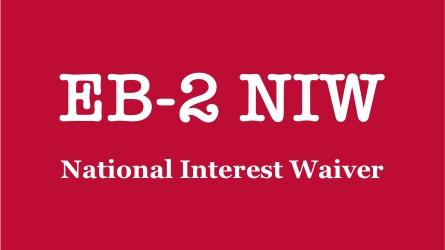
How Do you Get a F2 Visa?
Studying at a college or university in the United States is a dream for many international students, but leaving behind a loved one can be a hard decision. If you are on an F-1 student visa, u may have the option of bringing your dependents with you. The F2 visa is directly related to the conditions that the F1 visa holder has. There is no cap for it, dependents should just fulfill the requirements and complete the application procedures to get the visa. Eligibility for F-2 visas To be eligible for an F-2 visa, applicants should fulfill the following requirements: Be a spouse of an approved F-1 visa foreign national Be an unmarried child under the age of 21 of an approved F-1 visa foreign national Have the financial capacity to support their stay in the U.S. The eligibility of the F-2 visa is normally based on the status of the F-1 visa holder. How to apply for the F2 Visa? The steps to apply for an F2 visa are as follows below. Get a Form I-20 For the dependents of the F1 visa holder to get an F2 visa, the F1 person should inform the SEVP institution that the dependents also intend to apply for the visa. With this information, the SEVP institution will also compile and release a form I-20 for the dependents too. Each person who wants to apply for an F2 visa must have a form I-20 to qualify for an F2 visa. After getting this form, the application procedure follows similar procedures to other visas. Fill in Form DS-160 online Pay the visa fees Whereas the F1 visa holder is responsible for also paying the SEVIS I-901 fee, the F2 visa applicant is exempt from this fee. Schedule your visa interview When scheduled, you will get an interview confirmation letter which you will show to the officers at the U.S Embassy to prove you have an appointment. Gather and complete your F2 Visa document file When you go for your visa interview, you need a file with the required documents. Make sure that the file is complete and there are no important documents missing because your application depends on it. Here are the requirements for an F2 visa application: Your current and previous passports. Photocopies of your passport pages. The DS-160 confirmation page. Proof of financial stability. You can use bank or tax records, employment pay slips, etc as proof. A USA Visa Photograph. The photo must be taken within the last six months. Interview confirmation letter. The receipts which prove you have paid the necessary fees. The DS-160 confirmation page. Your original Form I-20 and one copy. A copy of the F1 visa holder’s I-20 form. A copy of the F1 visa (if applicable). If you are applying separately, the copy of the F1 visa holder’s passport. Original marriage certificate if you are the spouse of the F1 visa holder. Genuine marriage proof such as: Wedding album. Wedding guest list. Receipts of wedding spending’s. Receipts of honeymoon trips.

